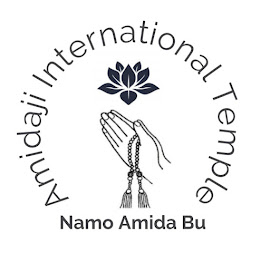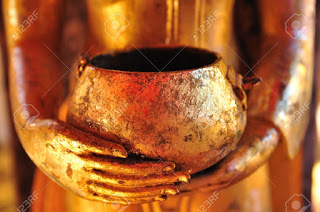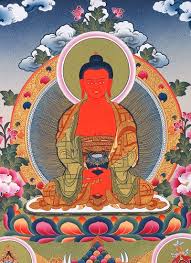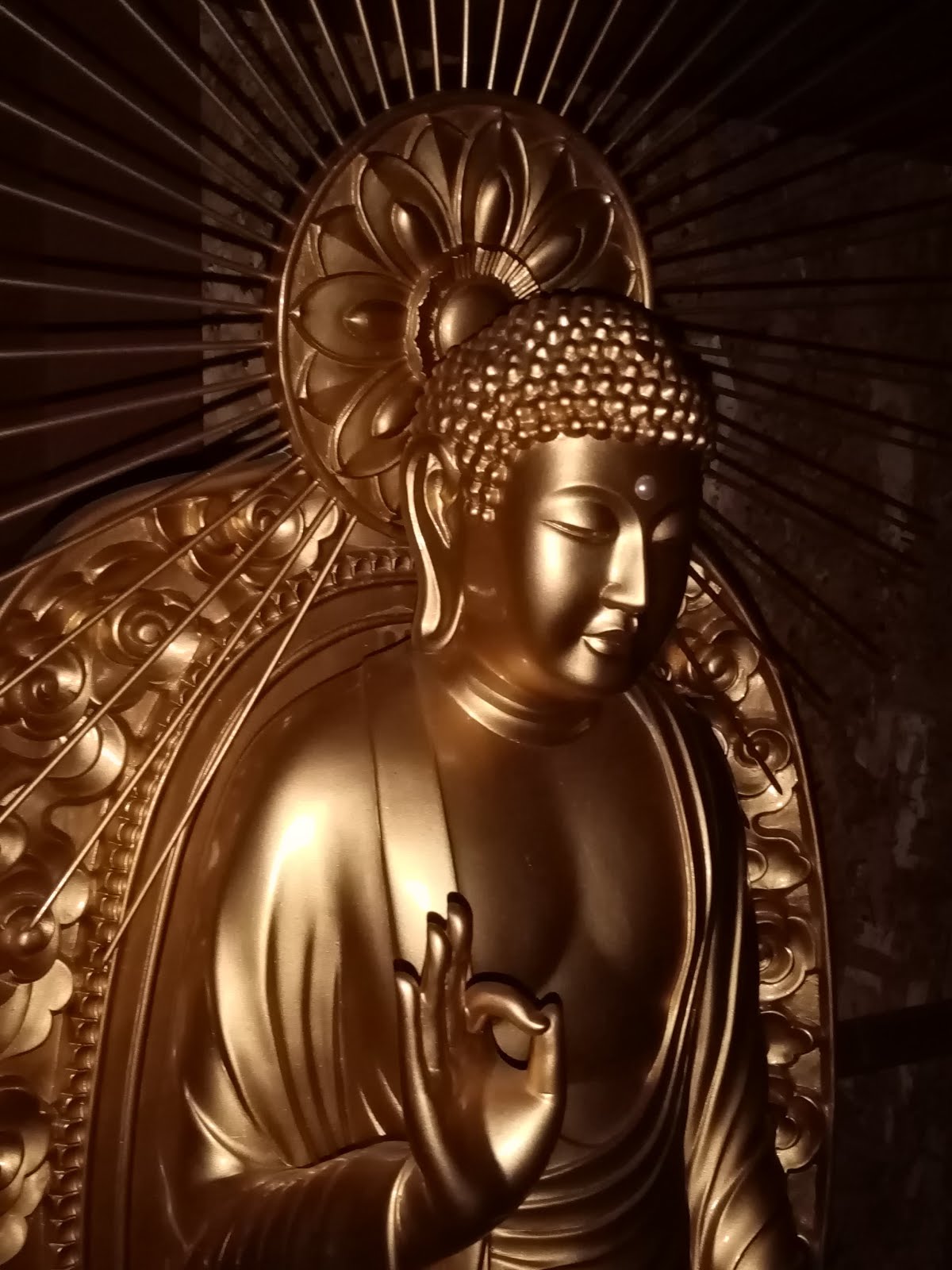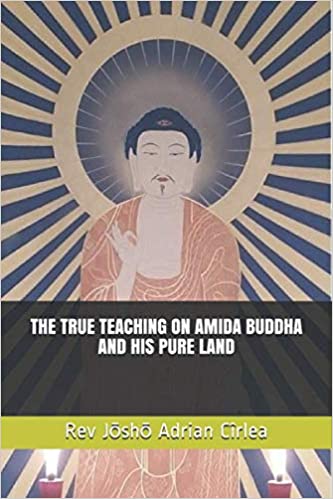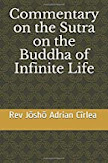Question: Are devotion and faith two different things? Faith seems to be constant while devotion is sometimes felt more or less depending on our inner circumstance and our emotional states of mind. However, faith is not affected by our changing emotional states, so I ask if these are two different things.
Answer:
Faith (shinjin) is a simple entrusting. As I always like to say, its similar
with entrusting John who is a mechanic to fix your car because you can’t do it
yourself. In the same way, we entrust to Amida Buddha to take us to the Pure
Land of perfect Enlightenment because we can’t go there through our self-power.
Devotion
does not always imply a specific emotional state of mind, but always means dedication.
When you have faith you are dedicated entirely to Amida Buddha, you entrust
only to Him, you say only His Name and wish to go only to His Pure Land. This exclusive focus on Amida Buddha in
your religious life is devotion. It means you are entirely devoted to
Amida. It does not matter that today you make more bows or say Nembutsu many
times and tomorrow you do no bowing and say less Nembutsu. It means that no
matter what happens in your daily life you continue to be devoted exclusively
to Amida. Faith never disappears from your heart once it arrived there. So, as
long as you have faith in Amida you are automatically devoted to Amida. Faith
means devotion. Even those who don’t have mental stability have devotion
towards Amida Buddha if they entrust to Him. So, faith and devotion are never
separated.

